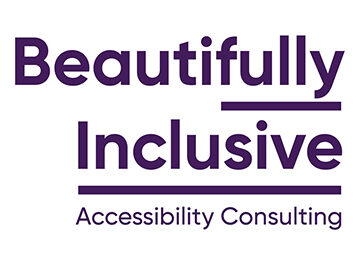Diagnosis: How do I get a diagnosis for myself or my child?
Neurological conditions can be quite tricky to diagnose, especially things like Tourette because there is no way to positively identify it by taking a blood test, or a brain scan. One thing they CAN do with brain scans is to rule out other things that might have similar symptoms which can help them narrow down the possible diagnosis.
TS is diagnosed with information/history. When you see the doctor (usually a neurologist as they are the most specialized for this diagnosis, but it is possible for other medical professionals to diagnose this, such as psychiatrists and GP’s, though they may also seek a neurologists confirmation), they are going to ask you questions such as:
When did you notice the tics first?
Describe the tics?
Does anyone else in the family have TS?
Does the patient (you, child, etc.) OR Anyone in the family have ADHD, OCD?
Why are these the questions they ask (among others, but these are the petty much guaranteed ones)? Well, it comes down to history.
Tic disorders are tricky and there are SO many of them that they can often be confused and misdiagnosed. TS is just ONE of the tic disorders. To be diagnosed, doctors need to see that the tics have been present for one year… and there must be one vocal tic and one motor tic in that one-year span.
I advise if you or you child is experiencing tics you begin to log information such as:
- When did it start (month and year)?
- What the tics are as they present themselves – log as many as you notice, and describe with detail such as: I stretch my neck up and to the left, so my chin is in the air and my head is almost horizontal. This tic happened 4 times today.
- Log if the tic changes in how often it occurs, and if there any changes such as: I stretch my neck to the left, but the tic changed and now at the end of the tic I pop my jaw. This tic happened twice today.
- If possible, record video of your tics, don’t fake the tic to try and demonstrate, just set up a camera to record you as you go about your day, or if you see your child tic, try and record it without them being aware. AFTERWARD you can ask your child or explain to your child that you are ONLY recording this so you can show it to the doctor, that they should not feel self-conscious as no one else will see it. Honor your child’s privacy and do not share it with others other than the doctor.
- Log any premonitory urges you notice as well, if seeking a diagnosis for self. You can ask your child about premonitory urges also, if they are old enough to understand – be careful not to “lead” them though – if they have urges they will find a way to express it.
Tic disorders are not rare, in the USA 1 in every 100 people have a tic disorder.
Comparatively, in the USA, 1 in every 160 people have TS (which typically has onset between 5-17 years old).
So, a tic does not always equal Tourette… but Tourette ALWAYS equals tics.
Thanks for reading!
